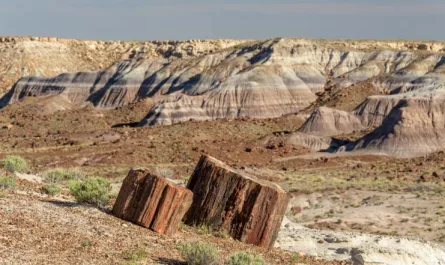Paleontologists have discovered a new species of burrowing dinosaur that likely met its end during a catastrophic volcanic eruption, possibly while sheltering inside its underground home. The creature’s remains—remarkably well-preserved—paint a vivid picture of sudden disaster and rapid burial.
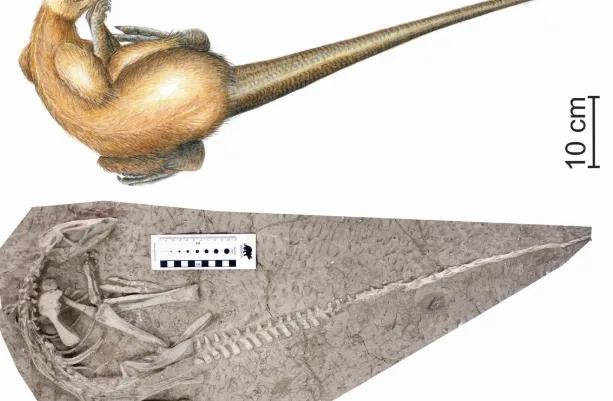
Named Changmiania liaoningensis, this small, four-foot-long, bipedal herbivore lived around 125 million years ago in what is now northeastern China. According to a new study published in PeerJ, it represents the most primitive member of the ornithopod group ever found—relatives of later “duck-billed” dinosaurs like Iguanodon.
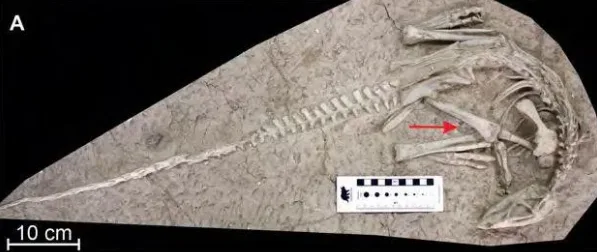
The discovery was made in China’s Liaoning Province, within the Lujiatun Beds of the Yixian Formation, a site often dubbed the “Chinese Pompeii” due to its extraordinary fossil preservation linked to volcanic activity. Two nearly complete skeletons were found in a calm, lifelike posture, inspiring the dinosaur’s name—Changmiania means “eternal sleep” in Chinese.
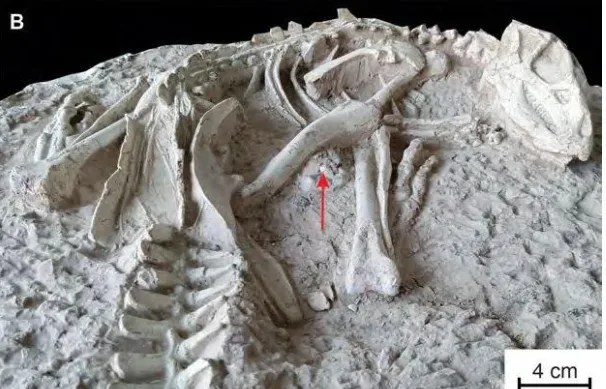
Experts suggest that a sudden volcanic eruption might have sealed the fate of these dinosaurs. The animals appear to have been rapidly buried by fine volcanic sediment, either moments before or just after death. “These animals were quickly covered by fine sediment while they were still alive or just after their death,” explains paleontologist Pascal Godefroit of the Royal Belgian Institute of Natural Sciences, a co-author of the study.
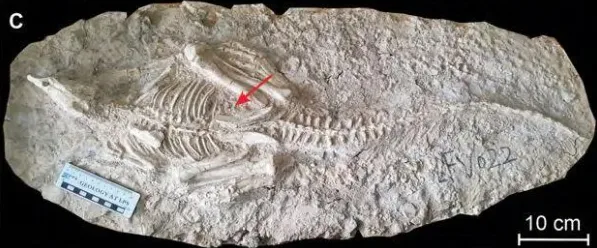
Anatomical features of Changmiania indicate it was both a swift runner and a capable digger. With strong, short necks and forelimbs, robust shoulder blades, and a shovel-like snout, the species likely lived much like modern burrowing mammals such as rabbits.
Godefroit believes the two dinosaurs were likely resting at the bottoms of their burrows when the volcanic event struck, sealing them in place and preserving them in astonishing detail for millions of years.

